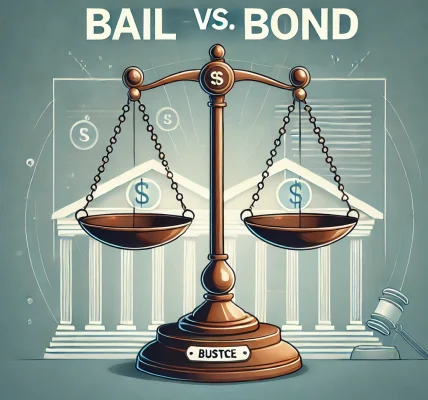Introduction
Cyberbullying is a growing concern in the digital age, affecting individuals in various aspects of life, including financial matters such as loan policies. Online harassment, threats, and defamation can impact a person’s ability to secure loans, damage creditworthiness, or even lead to fraudulent financial activities. Criminal law plays a crucial role in addressing cyberbullying by enforcing strict regulations to protect victims and prevent financial exploitation.
This blog explores the legal implications of cyberbullying under criminal law, focusing on its intersection with loan policies, financial fraud, and victim protection.
Understanding Cyberbullying and Its Impact on Loan Policies
Cyberbullying refers to the use of digital platforms to harass, threaten, defame, or intimidate individuals. When it intersects with financial matters, it can have serious consequences, such as:
- Identity Theft and Loan Fraud – Cyberbullies may steal personal information to obtain loans fraudulently.
- Financial Defamation – Spreading false financial information about an individual can damage their credit reputation.
- Online Harassment Affecting Loan Approvals – Victims of cyberbullying may struggle to secure loans due to defamation or harassment affecting their financial records.
- Coerced Financial Transactions – Cybercriminals may manipulate or threaten victims into taking loans or making unauthorized payments.
Legal Protections Against Cyberbullying in Criminal Law
1. Cybercrime Laws and Financial Protection
Governments worldwide have enacted laws to criminalize cyberbullying and related financial fraud. Some key legal provisions include:
- Cyber Harassment Laws – Criminalizing online threats, defamation, and intimidation.
- Data Protection and Privacy Laws – Preventing identity theft and misuse of financial data.
- Consumer Protection Acts – Ensuring that individuals are not financially exploited due to online harassment.
2. Criminal Penalties for Cyberbullying
Cyberbullying is treated as a serious offense under criminal law, with penalties including:
- Fines for online harassment and defamation.
- Imprisonment for identity theft and financial fraud.
- Compensation for victims who suffer financial losses due to cyberbullying.
3. Legal Recourse for Victims of Cyberbullying in Loan Policies
Victims of cyberbullying affecting financial matters can take legal action by:
- Filing Complaints with Cybercrime Units – Reporting digital harassment to law enforcement.
- Seeking Court Orders for Online Defamation Removal – Requesting legal intervention to remove false financial claims from digital platforms.
- Pursuing Civil Lawsuits for Financial Damages – Holding perpetrators accountable for financial harm caused by cyberbullying.
How Financial Institutions Address Cyberbullying Risks
Banks and loan providers recognize the impact of cyberbullying on financial stability. Some measures taken to protect customers include:
- Enhanced Identity Verification Systems – Preventing fraudulent loan applications due to stolen identities.
- Financial Defamation Monitoring – Detecting false claims that may affect a person’s credit score.
- Cybersecurity Measures – Implementing fraud detection and prevention strategies.
The Role of Awareness and Legal Advocacy
Raising awareness about cyberbullying’s financial impact is crucial for preventing exploitation. Legal institutions and advocacy groups conduct:
- Workshops on Cyber Safety and Financial Security
- Public Awareness Campaigns on Online Fraud Prevention
- Legal Aid Services for Cyberbullying Victims
Conclusion
Criminal law plays a vital role in protecting individuals from cyberbullying-related financial harm, ensuring fair access to loans and financial security. Legal frameworks addressing digital harassment, identity theft, and online defamation provide crucial protections for victims.
Understanding legal rights and taking proactive measures can help individuals safeguard their financial interests in the digital landscape. By enforcing cybercrime laws and promoting financial awareness, societies can create safer online environments free from harassment and financial exploitation.




